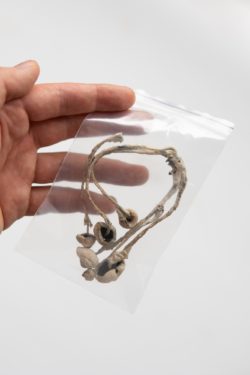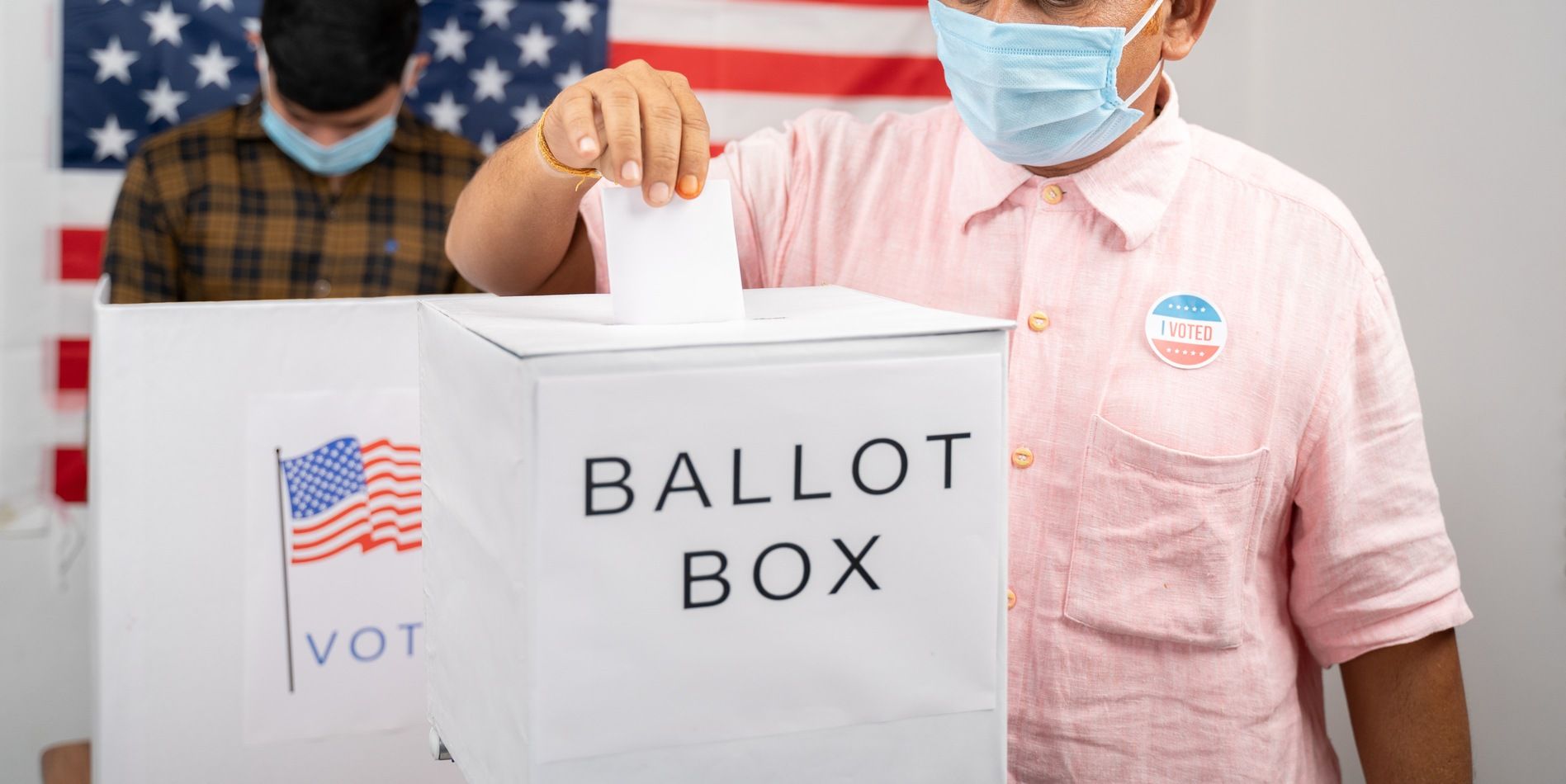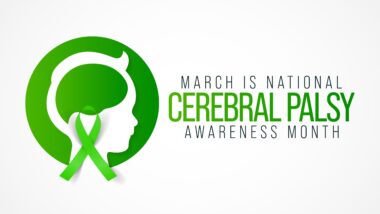Top Class Actions’s website and social media posts use affiliate links. If you make a purchase using such links, we may receive a commission, but it will not result in any additional charges to you. Please review our Affiliate Link Disclosure for more information.
ON NOV. 3, A MAJORITY OF OREGON VOTERS SUPPORTED THE PASSAGE OF MEASURE 110, a groundbreaking ballot measure that decriminalizes drug possession in the state. The measure reportedly passed with just over 58% of the vote.
Ballot measures are not as comprehensive as legislation would be. However, legislative bodies in the United States have been cautious regarding potential changes in drug policy. States that allow ballot measures provide citizens with a way to have a direct voice on policies. Measure 110 in Oregon is an example of how ballot measures can change laws in a significant way.
The measure is slated to take effect in February 2021, but the full effects will not be known for some time.
How Does Measure 110 Change Current Law?

Under Oregon’s current law, the possession of small amounts of drugs is treated as a criminal misdemeanor or felony offense. Under Measure 110, possession of small amounts of drugs will be treated as a civil violation that is subject to a $100 fine. Instead of paying the fine, a violator may choose to participate in a health assessment with an addiction treatment professional. However, the state can still consider several factors as evidence of a commercial drug offense to justify charging a person with a felony offense.
While Measure 110 decriminalizes the possession of drugs, it does not decriminalize the manufacture or sale of drugs.
Under Measure 110, individuals may possess up to the following amount of a controlled substance without facing a criminal penalty:
- Heroin: 1 gram
- Cocaine: 2 grams
- Methamphetamine: 2 grams
- MDMA: 1 gram or up to 5 pills
- LSD: 40 user units
- Psilocybin: 12 grams
- Methadone: 40 user units
- Oxycodone: 40 pills, tablets or capsules.
Measure 110 also reduces the penalties for possession of controlled substances in amounts greater than those listed above to a misdemeanor punishable by less than one year of imprisonment and/or a $6,250 fine.
Measure 110 Explained
Measure 110 requires at least one addiction recovery center to be established in each existing coordinated care organization service area in the state.
According to the Explanatory Statement from the Oregon Voters’ Pamphlet: “The centers triage the acute needs of persons who use drugs, provide connections to other services and offer peer support. The measure requires that services provided by the centers be free of charge and allows service providers to seek reimbursement from insurance providers. All services provided at the centers must be evidence-informed, trauma-informed, culturally responsive, patient-centered, non-judgmental, and centered on principles of harm reduction.”
In addition, Measure 110 establishes the Oversight and Accountability Council which will be appointed by the Oregon Health Authority to provide grants to existing agencies to establish the addiction recovery centers.
Under Measure 110, the centers must be operational by Oct. 1, 2021 and offer 24 hour access to care. Until that date, the Oregon Health Authority will establish a temporary telephone addiction recovery center by Feb. 1, 2021. The temporary center must be terminated by Oct. 1, 2021.
Marijuana revenue is expected to meet the $57 million annual funding requirement. However, Measure 110 will have the effect of reducing funding for programs that are currently funded by the marijuana tax. The State School Fund, Oregon State Police, Oregon Health Authority, local governments and the state’s Mental Health, Alcoholism and Drug Services Account will experience reduced funding.
Why Was Measure 110 Proposed?

Measure 110 was spearheaded by Drug Policy Action, the advocacy arm of an organization called Drug Policy Alliance, which says its mission “is to advance those policies and attitudes that best reduce the harms of both drug use and drug prohibition, and to promote the sovereignty of individuals over their minds and bodies.”
DPA also supported Oregon’s legalization of recreational cannabis in 2014 and supports drug legalization efforts in other states.
According to OPB, DPA spent about $3.5 million in a signature gathering effort in order to qualify Measure 110 for inclusion on the Nov. 3 ballot and to pay for staff times and financial contributions to the Yes on Measure 110 campaign.
Facebook’s founder Mark Zuckerberg and his wife Priscilla Chan, through the Chan Zuckerberg Initiative, also reportedly contributed $500,000 to the campaign.
Measure 110 Proponents Tout Shift Toward Public Health
Proponents of Measure 110 argue that prisons are expensive and dangerous for low-level drug offenders, and the risks are heightened during the COVID-19 pandemic. They argue that there is a real benefit to keeping drug offenders out of jail and incentivizing treatment instead.
Proponents believe Measure 110 will expand access to drug treatment, housing, harm reduction services and peer support. This access will be funded through Oregon’s excess tax revenue and the savings that are expected from the reduction in arrests, incarceration and prosecution for drug possession.
“Today’s victory is a landmark declaration that the time has come to stop criminalizing people for drug use,” Drug Policy Alliance’s Executive Director Kassandra Frederique said after learning the measure had passed. “Measure 110 is arguably the biggest blow to the war on drugs to date. It shifts the focus where it belongs–on people and public health–and removes one of the most common justifications for law enforcement to harass, arrest, prosecute, incarcerate, and deport people.”
Frederique says that she expects the passage of Measure 110 to have a “domino effect” similar to that of the legalization of marijuana and believes other states will be inspired to follow suit and enact drug decriminalization policies.
Measure 110 will also reportedly result in a 95% decrease in racial disparities for drug arrests.
Opponents Argue Oregon Already Offers Alternatives to Jail Time, But Lacks Access to Treatment

Opponents of Measure 110 are concerned that it puts too much focus on decriminalization of drug possession without providing sufficient funding for drug treatment. They also argue that Oregon offers alternatives to jail time for the majority of people who are convicted of drug possession.
Although many community groups support the measure, more than two dozen district attorneys have been outspoken against Measure 110 and are concerned that it may have unintended consequences that are detrimental to communities.
Patty Perlow, a Lane County District Attorney, argues that the proposal would have established clear targets if it were serious about establishing access to treatment. She believes that taking away the penalty of jail time for drug offenders will also take away an important intervention that helps people access treatment.
Perlow also says that Measure 110 will take about $45 million away from mental health and addiction services that are being provided in Oregon and take $11 million from drug and alcohol prevention services.
“My best guess is Oregon is going to be a target-rich environment for drug dealers,” Perlow said.
Drug Decriminalization Efforts Around the World
Although Oregon is the first state to decriminalize drugs, other countries around the world have relaxed their criminal enforcement of drug laws. The Netherlands treats drug use as a public health issue rather than a criminal matter, even though recreational drugs are technically illegal in the country.
Switzerland has not decriminalized drugs, but it implemented an innovative drug policy in the 1990s. Its “four pillars” drug policy emphasizes prevention, therapy, harm reduction and repression, which has reportedly improved the health of addicts and resulted in the disappearance of open drug scenes.
In 2001, Portugal became the first European country to abolish all criminal penalties for personal drug possession. Many proponents of drug decriminalization point to Portugal’s apparent success to show that decriminalization of drugs does not increase drug use or adverse consequences related to drug use.
However, a fact sheet published by the White House in 2010 finds that it is difficult to draw a clear conclusion about the impact of Portugal’s decriminalization of drugs, according to a 2009 report issued by the Cato Institute. Many supporters point to the decline in drug use among 15 to 19 year olds; however, rates of drug use reportedly increased during the same time period for 20 to 24 year-olds.
What are your thoughts about Measure 110? Do you think decriminalizing drug possession will have a positive impact on Oregon’s community or do you think it will increase drug use in the state? Let us know what you think in the comments section below.
Anne Bucher has been writing for Top Class Actions since 2013, helping to inform consumers about the latest class action lawsuit and settlement news. She majored in political science and sociology at Tulane University and earned a J.D. from the University of Oregon School of Law.
















3 thoughts onTCA IN-DEPTH | What You Need to Know About Oregon’s Decriminalization of Drugs
This is a step in the right direction
no way
add me please